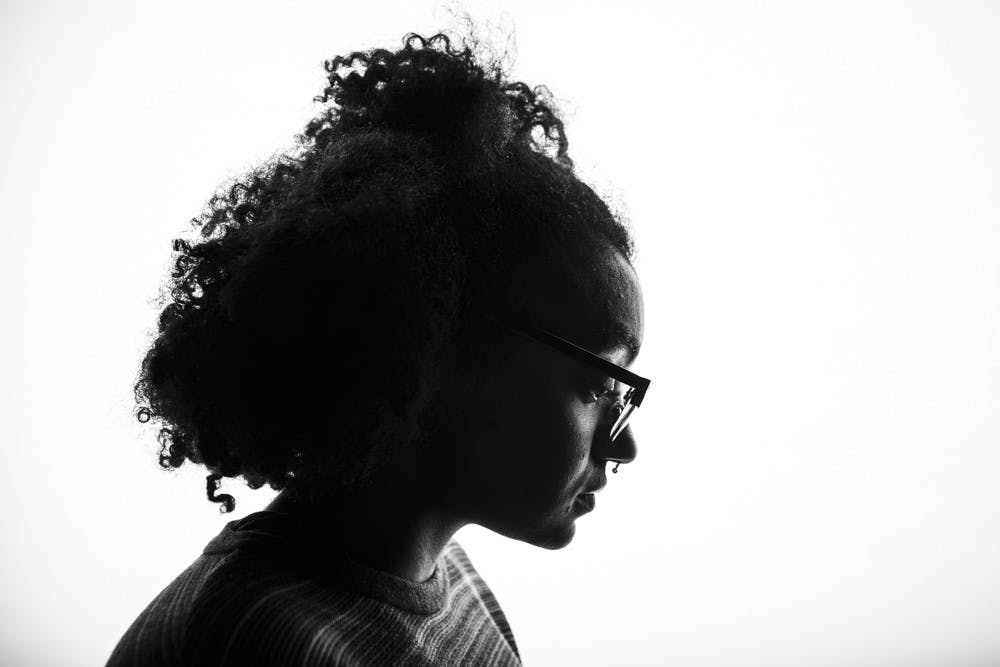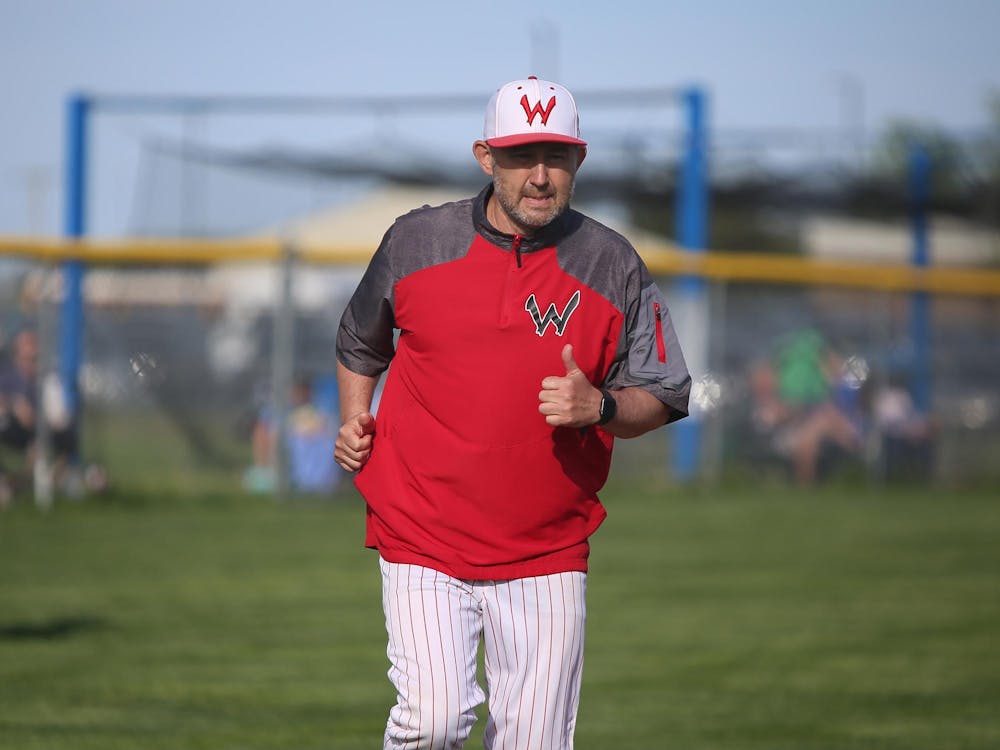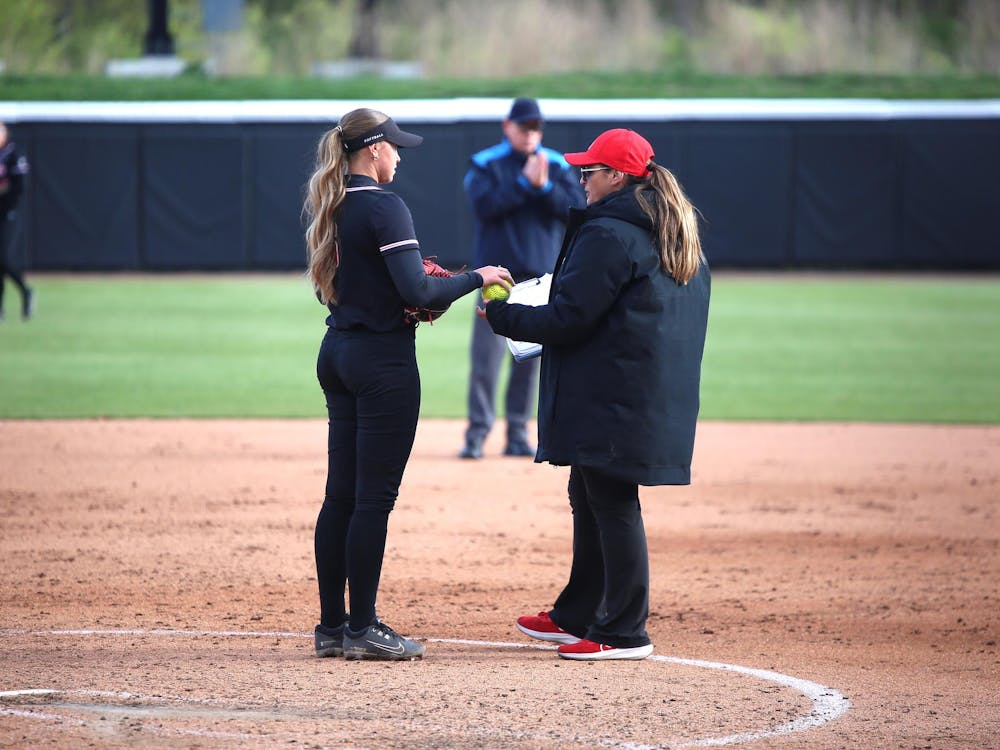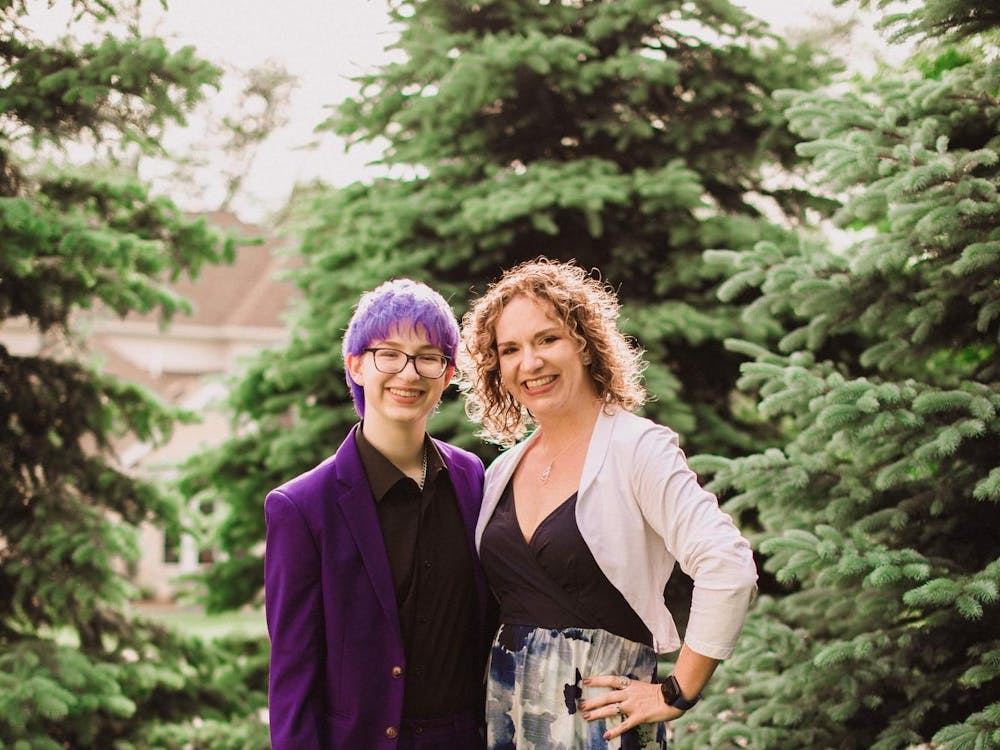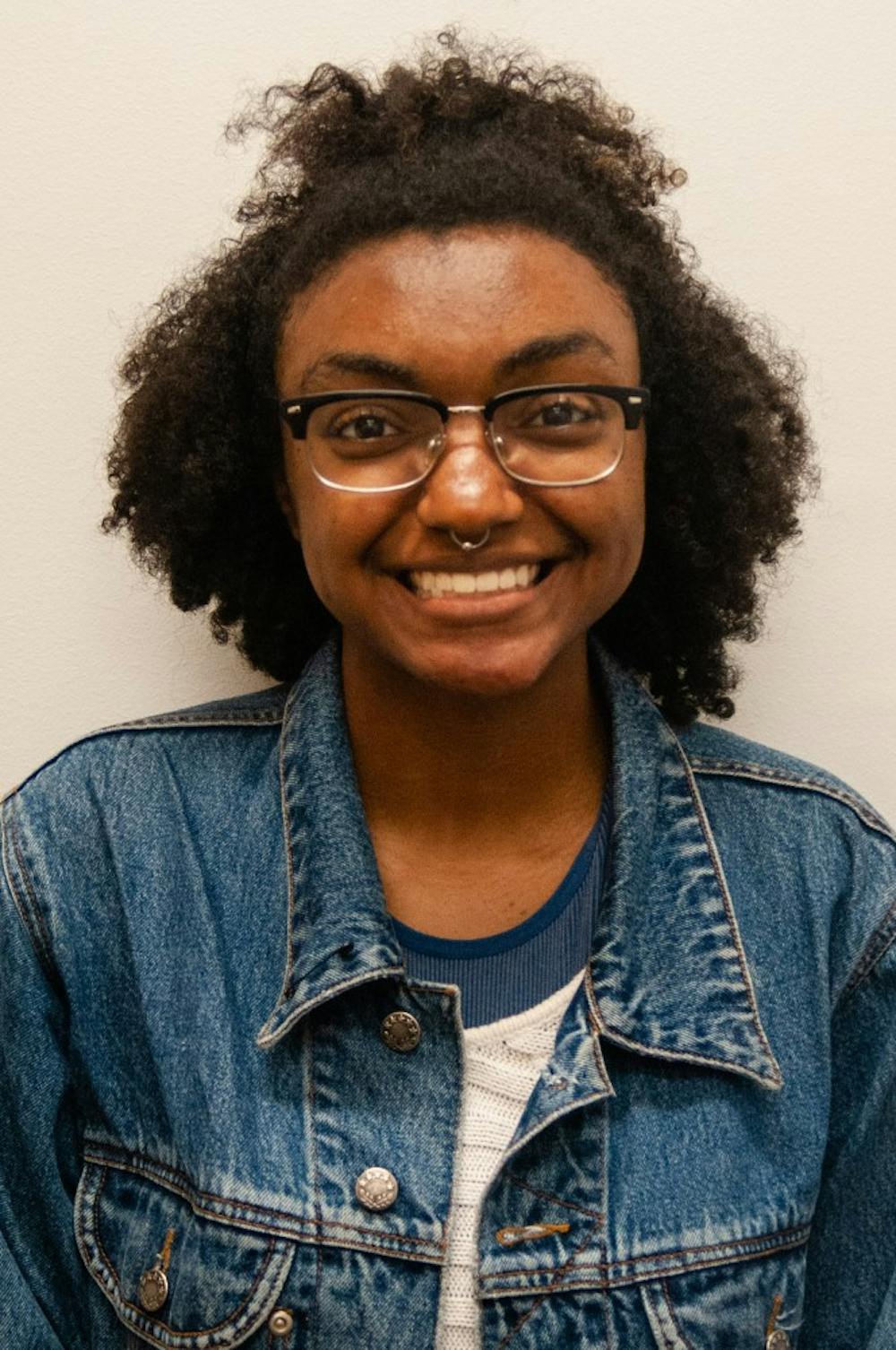
Kennedi Barnett is a sophomore journalism news major and writes "Kennedi’s Kaleidoscope" for The Daily News. Her views do not necessarily agree with those of the newspaper. Write to Kennedi at kpbarnett@bsu.edu.
It has been exactly one year and 30 days since I spoke to my first abuser.
It has been exactly eight months and 19 days since I saw my second abuser face-to-face.
No. I did not report either one of them.
According to a study by the Office on Women’s Health in the U.S. Department of Health and Human Services, one in five women are sexually assaulted in college.
I was a freshman. I was nervous. I was afraid no one would believe me. I was broken and embarrassed. How did this happen to me not just once, but twice? Two men I thought loved me took away parts of me I will never get back.
It took me weeks to tell anyone what happened. For my friend, it took four months. My mom waited 10 years.
People will blame blurred lines of consent. People will blame alcohol. People will blame me because apparently since I said yes once, that means yes twice, or yes three times or yes forever.
People will blame everyone but those who assaulted me.
I was once too afraid to tell anyone what happened, but because of recent events I feel it is important to shine a light on this false idea that survivors are somehow at fault when they are sexually assaulted. This belief that because they did not report it as soon as it happened there is some sort of justification for the assaulter's actions. This mindset that because he was “young” or “stupid,” he should not be held accountable for his actions.
Survivors are shamed for staying quiet but then hated for coming forward. Survivors like Christine Blasely Ford, who said she was assaulted when she was 15 by now Supreme Court Justice, Brett Kavanaugh.
My heart broke as I tried to listen to Ford explain what happened to her. Her words sounded so genuine to me because our stories feel so similar. Listening to her made my experience too real again and I had to turn off the trial. Knowing so many people would discredit her and call her a liar was the worst part. By coming forward she decided her story was more important than her career or status.
In a report by the U.S. Department of Justice, 20 percent of student survivors ages 18-24 report to law enforcement.
I should have reported my assaults, but I did not. I did not report either one. I regret it everyday.
This pattern of being ashamed because society has told survivors that we are wrong needs to come to an end, and Ford has brought us one step closer to shattering that pattern.
Whether you believe her testimony or not, her story will go down in history. Her courage has caused an uproar and those voices can not be silenced.
I cannot tell you the first person I told about my assault. I have blocked out chunks of my memory to save myself from the heartache. I have chipped away at those pieces of my mind because thinking about it is too depressing.
Some may remember detail by detail of their assault, and if I thought about it hard enough, I am sure I probably could too. Sometimes I have nightmares. I sleep next to my friends and wake up in the middle of the night panting because someone accidentally kicked me in their sleep. If the blankets get too heavy at night it feels like I am being pressed down. I hate being touched in any shape or form. I wake up in a pool of tears; I never remember the dream but the feeling in my chest is all too familiar. I have to deal with things I never had to think about before I came to college.
I can feel a knife piercing through my chest when I smell his cologne in the air. Seeing both of them on campus with other girls is the most painful feeling I have ever experienced in my entire life.
It is hard to talk about, it is hard to write about and it is even harder to tell people about.
Some are told to ignore the pain and some do not want to talk about it. If you’re like me, you just don’t like to draw attention to yourself.
What does that say about our society? It says we live in a time where we can come up with excuses that seem valid enough to diminish the pain being sexually assaulted causes us. Survivors are taught to deal with problems without help, even when we need help the most. It shows that sexual assault can be too hard to talk about, especially if the world is not willing to listen. So we just don’t.
Let us use Ford’s bravery as a chance to come together and vote. Let us use this moment in history to create a more accepting environment for survivors, a place that does not blame us or shame us or strip us of our dignity.
Ball State offers many resources for sexual assault victims, resources I wish I knew were available to me last school year. University Police Department is the most advertised option; however, anxiety, depression and embarrassment may prevent survivors from speaking to the police. The Office of Victim Services offers confidential guidance and assistance to survivors.
There are other options like speaking to staff and faculty members, visiting the Counseling Center, going to Amelia T. Wood Health Center on campus or speaking to a Title IX coordinator.
Yes once does not mean yes twice. Coercing or pressuring is not equal to consent. No means no. Drinking does not impact morals.
If you can make the decision to rape someone, you can make the decision to not rape someone. Consent is continuous, and there is no excuse.

